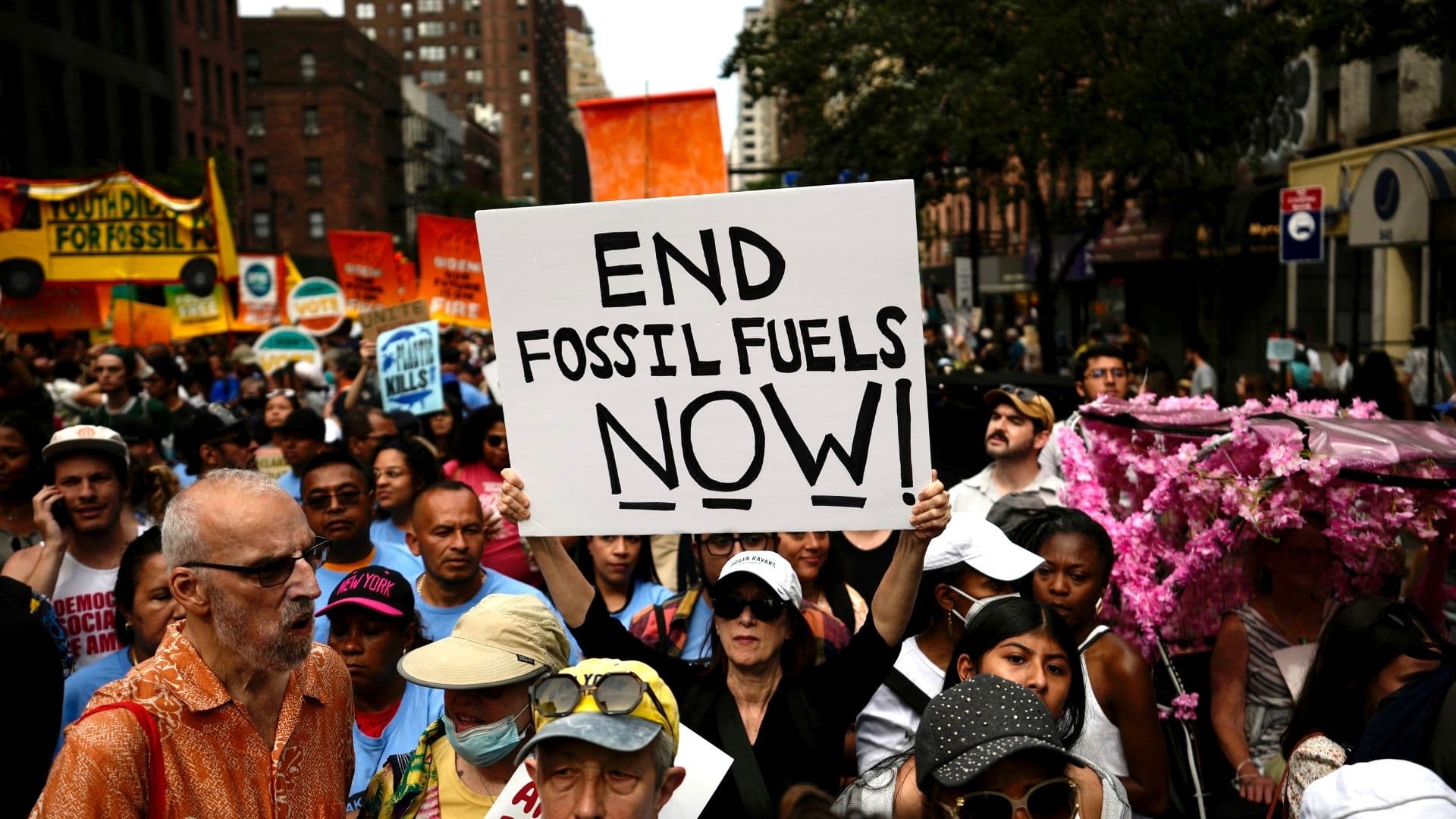Putin Trump summit possibility raised by Russian deputy minister, stirring global concern
A senior Russian diplomat said another meeting between Vladimir Putin and Donald Trump is on the agenda, signalling continued direct engagement between Moscow and Washington despite the war in Ukraine. The comment deepens uncertainty for European allies and for arms control talks, as diplomatic channels operate quietly even amid high tensions.

Russian Deputy Foreign Minister Sergei Ryabkov told the state owned International Affairs magazine that the possibility of another meeting between President Vladimir Putin and U S President Donald Trump is on the agenda, saying "I wouldn't rule anything out." The comment, delivered on November 22 in Moscow, underscored Moscow's insistence that diplomatic contact with Washington has not been suspended even as the war in Ukraine continues to shape relations.
Ryabkov said that contacts between Russia and the United States had not been suspended and that channels for dialogue continued to operate. He described progress in establishing dialogue as "impressive" and added that not all diplomatic channels need to be public. His remarks come as governments in Europe and Asia weigh how far bilateral engagement between the two most militarized nuclear powers might reshape crisis management, sanctions politics and the contours of the conflict in Ukraine.
The two leaders last met in Alaska in August and a planned follow up meeting in Budapest was suspended. Moscow and Washington have maintained a mix of public confrontation and private diplomacy since Russia launched its full scale invasion of Ukraine in 2022, with arms control and nuclear stability repeatedly moving to the top of the agenda for anxious capitals. Ryabkov also addressed the idea of a trilateral meeting involving China on nuclear stability, saying Moscow had not been asked by Washington to involve Beijing and that Russia had no issues with China on arms control.
For Kyiv and its Western backers, talk of renewed high level meetings between Putin and Trump will be greeted with alarm. Any summit would take place against a backdrop of ongoing military operations in Ukraine and a complex web of sanctions, military assistance and legal inquiries into alleged violations of international humanitarian law. European capitals have sought to keep allied coordination tight, and Russian overtures to the United States are likely to be scrutinized for their potential to divide NATO or to alter the alliance's resolve.
From Washington's perspective the politics are fraught. A meeting with Russia's leader carries domestic political implications at a time when U S foreign policy consensus on Ukraine is contested in Congress and among voters. Internationally, renewed direct engagement between the two presidents could provide a forum to discuss arms control and deescalation, but it also risks legitimizing a leader who is accused of transgressing core norms of state sovereignty.
Diplomats and analysts say quiet back channels can be useful for preventing miscalculation, yet transparency matters when decisions intersect with allied commitments and legal obligations. The suggestion that some diplomatic interactions should remain out of the public eye echoes long standing practices in international diplomacy, but it also raises questions about accountability when the subject is a war that has reshaped the security architecture of Europe.
Whether a summit will be scheduled rests on decisions in Moscow and Washington, and on the calculations of allies who would feel the consequences. For now Ryabkov's comments keep alive the possibility of a presidential meeting that could have outsized effects on the negotiations over arms control and on the trajectory of the Ukraine conflict.

